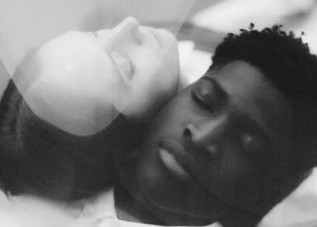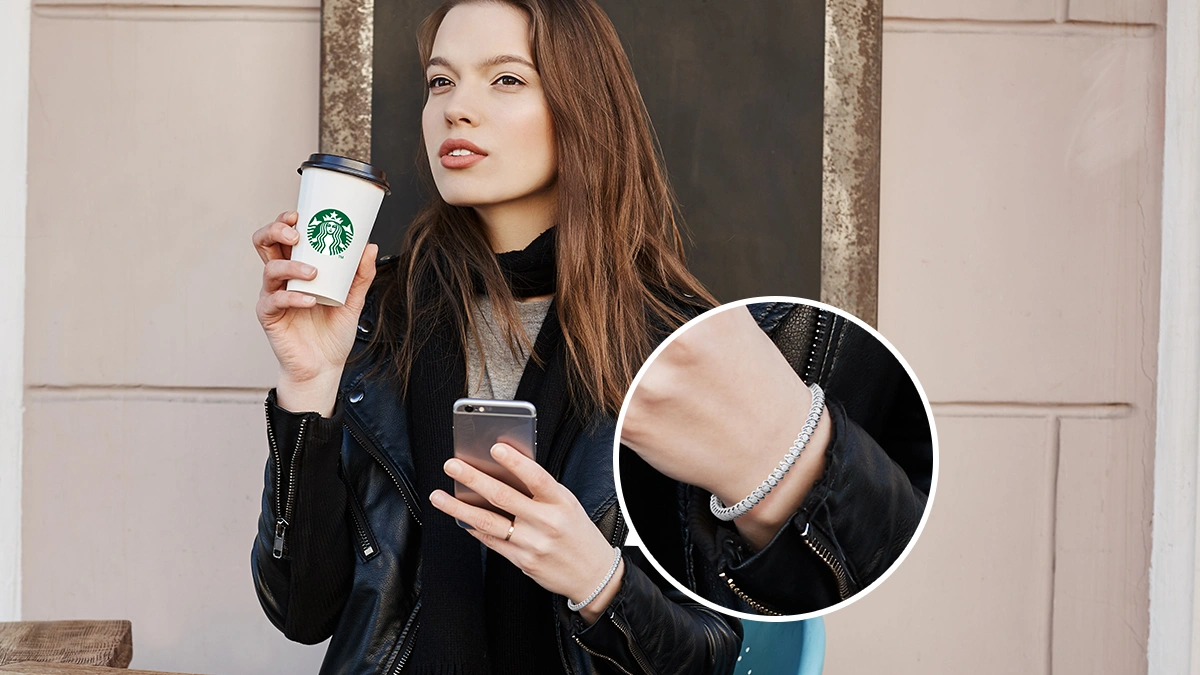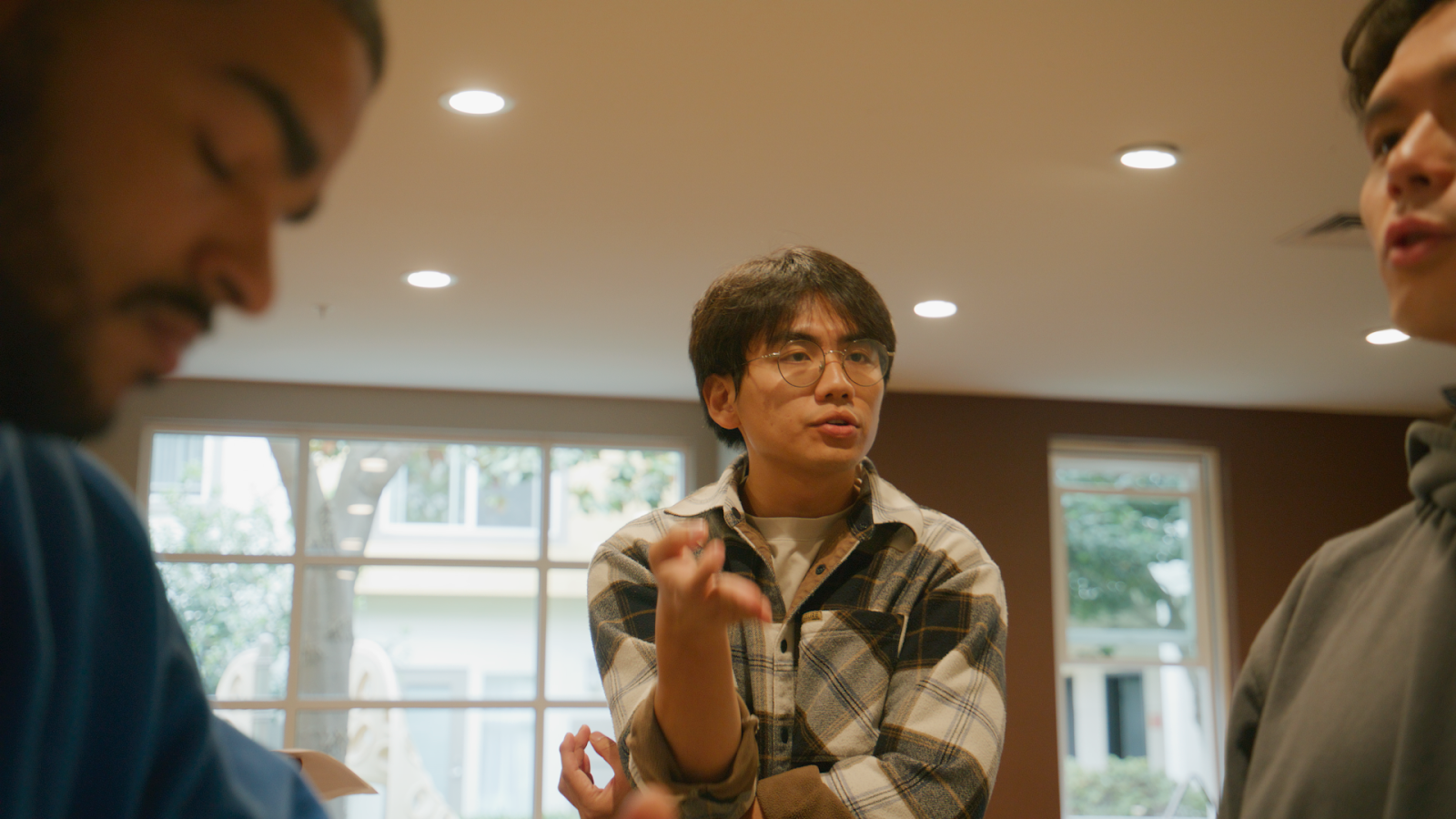Top Stories
“Never Have I Ever” Season 2 Is a Whimsical, Nostalgic Delight

Hate to say it but we have to admit: The Gossip Girl reboot is tragically bad.
Sure, we’ll give it a few more episodes, basking in the cast’s gorgeousness between cringey lines and outrageous plot lines, but it just doesn’t hit the way the original did.
Sure, the old version had its flaws, but times were different and we were more willing to suspend our disbelief — also, they had Chace Crawford and the eternally ensconced in drama, Blake Lively.
And though they went for a “woke” version of the show, they have ended up with embarrassing attempts at addressing topics like cancel culture and socioeconomic wealth. The result: a cartoonish attempt at reaching Gen Z without any hint of self-awareness.
At this point, we’re yearning for the chaos of the original Gossip Girl, back before the overwrought gestures of morality and weird central plotline in which (spoiler alert) for some reason, the teachers are so invested in the lives of these high schoolers that they run the Gossip Girl account.
Whether they’re comedies or dramas, most high school TV shows fall into one of two categories: campy dramatizations that in no way resemble real life like Riverdale or Euphoria; or more realistic explorations of teenage angst and coming of age, like Grand Army or Genera+ion.
Somewhere between the two is Never Have I Ever, Mindy Khaling’s semi-autobiographical Netflix series loosely based on her own adolescence.
The series follows Devi, played by charming newcomer Maitreyi Ramakrishnan, as she makes it her mission to rebrand herself and get a boyfriend. These are not the Big City exploits of Gossip Girl or the larger than life plot twists of Riverdale — it’s just one girl’s mission to talk to her crush.
The series is a comedy of errors, as well as an exploration of first-gen culture — as Devi tries to fit in at school and climb the social ladder while navigating her home life.
Mindy Khaling used aspects of her own life to inspire the series, and in some ways Devi is living the life Khaling wished she could have, anchoring the series in a relatable sense of yearning that keeps the core of the show grounded in an experience that is real.
The series came out in the middle of the pandemic and offered something different than the chaotic bevy of quarantine content we had been offered thus far — something whimsical, delightful, and nostalgic.
When the end of the pandemic was nowhere in sight, the general collective mood was dire, and we had all been surviving on a media diet of bad news and Tiger King, Never Have I Ever was a refreshing experience.
It offered the laughs we desperately needed, the underdog to root for whose wins felt like our own, and an invigorating satisfaction of watching a diverse, likable cast full of newcomers.
Season 2 was released on Netflix on July 15th and some worried that it might not hold up to the first. With the pressure for stakes to rise and plotlines to get more and more elaborate, would the well-paced whimsy survive?
NEVER HAVE I EVER Season 2 Trailer (2021)
Luckily, Season 2 is just as endearing as the first. The show balances the more outrageous parts with hilarity and heart. It’s entertaining enough to keep us watching, but not too convoluted that it loses the thread.
There is none of the arrogance too prevalent in shows like Gossip Girl, where the cast is intimidatingly beautiful (played by actors who are decades older than their characters) and the stakes feel impossibly high. Never Have I Ever is self-aware in a way most high school content isn’t.
Devi isn’t perfect, constantly making mistake that aren’t just to up the drama, but are learning experiences for her — both in public and private. One of the unique features of the show is its theme of trauma and loss, how pervasive they are, and how they can affect us in ways we cannot always see.
Devi’s traumas are more obvious to us than to her, manifesting in erratic behavior that causes some of her misadventures. Its poignant undertones evoke a feeling of compassion for Devi and for our own high school selves.
Watching Devi’s exploits felt the way listening to Olivia Rodrigo‘s Sour feels: like visiting a more gilded version of your past, like looking back on even the most embarrassing and heartbreaking aspects of your adolescence and finally laughing at your naïveté.














